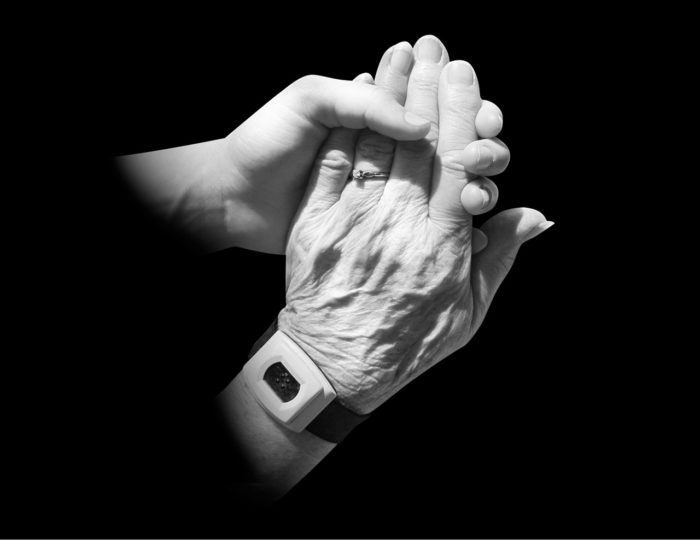Behavioral health challenges can compromise the wellbeing of older adults, but few home health care providers have the resources to tackle these issues. However, one senior care organization is treating homebound seniors for anxiety and depression, at no cost to the consumer, in hopes that overall wellness will improve and overall health spending will decrease.
SCAN, a California-based senior care organization and Medicare Advantage plan, is taking on behavioral health in its Insights program. It’s also working on research to prove that providing these services improves patient outcomes and lowers the overall cost of care.
Last resort
SCAN’s Independence at Home (IAH) program is a community service program that is paid for and absorbed by the organization. For consumers, this means they aren’t paying out of pocket costs or billing insurance for services.
Part of IAH, SCAN’s behavioral health program, Insights, offers behavioral health services to patients, many of which are homebound and have no where else to get care. The focus is on adults 55 and older and the caregivers of those individuals.
“We identified a gap for seniors for whom it wasn’t easy to access or get care, for socioeconomic or health reasons or other reasons,” Denise Likar, vice president of SCAN’s IAH, told Home Health Care News. “We zeroed in on where we could make a difference in this space.”
SCAN started offering behavioral health services eight years ago and added the Insights program three years ago to focus on the specific service subset and study the impact of care in this area. Insights now sees about 300 patients per year, according to Likar, and services are offered in four languages—English, Spanish, Korean and Vietnamese.
Likar calls the Insights “a service of last resort,” meaning the adults in the program don’t have other options for care.
“If they have access to other services, we want to get them there,” she explained.
Program models
Insights utilizes three evidence-based models that can encompass four to six months of treatment. The services are delivered at home by a licensed therapist and begin with an initial assessment. Patients are set up on a care plan where therapists will continue meeting at the patient’s home, sometimes weekly or about every 10 to 12 days, according to Likar. Insights has six full-time therapists and a clinical director on its team.
Mostly patients receive traditional talk therapy, aimed at tackling mild to moderate anxiety and depression feelings, which often go hand in hand, Likar said.
The aim to is improve that patient’s mental health but is likely to impact physical wellbeing, as well.
“Think about depression or anxiety,” Likar said. “If you’re anxious or depressed, that creates a barrier for you to function. … You don’t have the motivation to address your health. [Conditions] go unmanaged. And unmanaged conditions drive illness and can end up with a crisis situation in the emergency room or the doctor’s office.”
As a not-for-profit health plan, Insights is one way that SCAN gives back to the communities it serves by providing care for free. However, developing research on its models and impact on overall health—including cost of care—could help boost the value proposition of similar programs that other providers could implement.
Working with researchers from the University of Washington, Insights has shown that patients do tend to get better as a result of treatment in the home.
“Our interventions moved the needle,” she said.
Patients generally reported better quality of life and higher life satisfaction upon discharge from the program. These findings were measured in the first phase of research, while phase two will take a harder look at how the program can be leveraged by medical partners.
One of the challenges of the program is that it does not operate within SCAN’s health plan, so patients’ medical data is not related to the care and services. Currently, Insights relies on patients to talk to their doctors about the behavioral health services they receive from the organization instead of having direct contact.
As more work is done in behavioral health, Likar sees the opportunity for more health plans to offer more services like this one, absorbing upfront costs to drive overall savings.
Written by Amy Baxter




